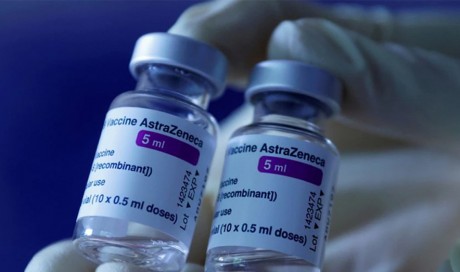Proteins are building blocks of our body. Protein forms a major part in building muscles, hormones, skin, tissues and enzymes.Deficiency of protein causes several health issues. Even less protein consumption is a major concern as it can lead to certain changes in your body with the time.
When your protein intake is lesser than body's requirement, it leads to protein deficiency.Nearly 1 billion people around the world suffer from the protein deficiency.
Here, you will get to know the 8 symptoms of protein deficiency:-
1. Edema
Edema is the protein deficiency disorder, identified by swollen and puffy skin which is the basic symptom of kwashiorkor. It is caused by the low amount of human serum albumin, found in the liquid part of the blood plasma.Albumin help to maintain the oncotic pressure and prevents accumulation of the fluids in the tissues.Due to its deficiency fluid starts accumulating in tissues, resulting in swelling.
2. Fatty Liver
Another symptom of low protein is fat accumulation in the liver.
If it is not treated on time, it leads to inflammation of the liver, causing liver scarring and potential liver failure. It is a common condition in people suffering from obesity. It usually occurs in people consuming lots of alcohol.
3.Skin, Hair and Nail Problems
Protein deficiency leads to mark on nails, skin and hairs.Thinning of hair and hair loss are also common.Protein deficiency in skin leads to flaky, irritated dermatitis on the skin.So, make sure you take right amount of protein and stay away from its deficiency.
4. Loss of Muscle Mass
Your muscles are rich source of proteins.When there is less supply of protein in the body, it tends to take protein from skeletal muscles for regulating the body functioning.
5. Greater Risk of Bone Fractures
Muscles are not the only tissues affected by low protein intake.
Bones are also affected by insufficient protein intake. Loss of protein increases the risk of fracture in bones.
So, maintain the intake of right amount of protein-rich diets in your children, parents and yourself too. Loss of proteins affects the entire body functioning leading to weakening of immune system also. Take pulses, soybeans, milk, meat, eggs and fruits and maintain your protein and stay away from its deficiencies.
Share This Post












